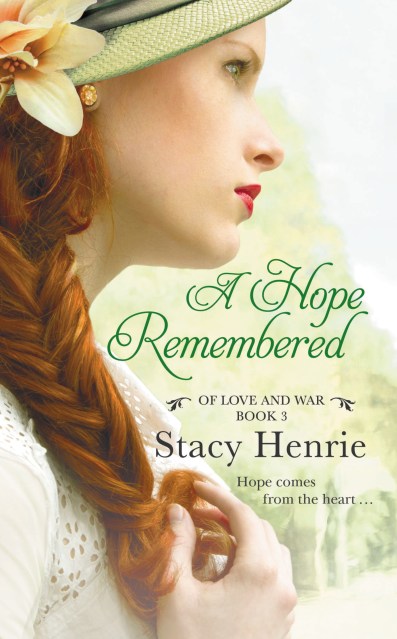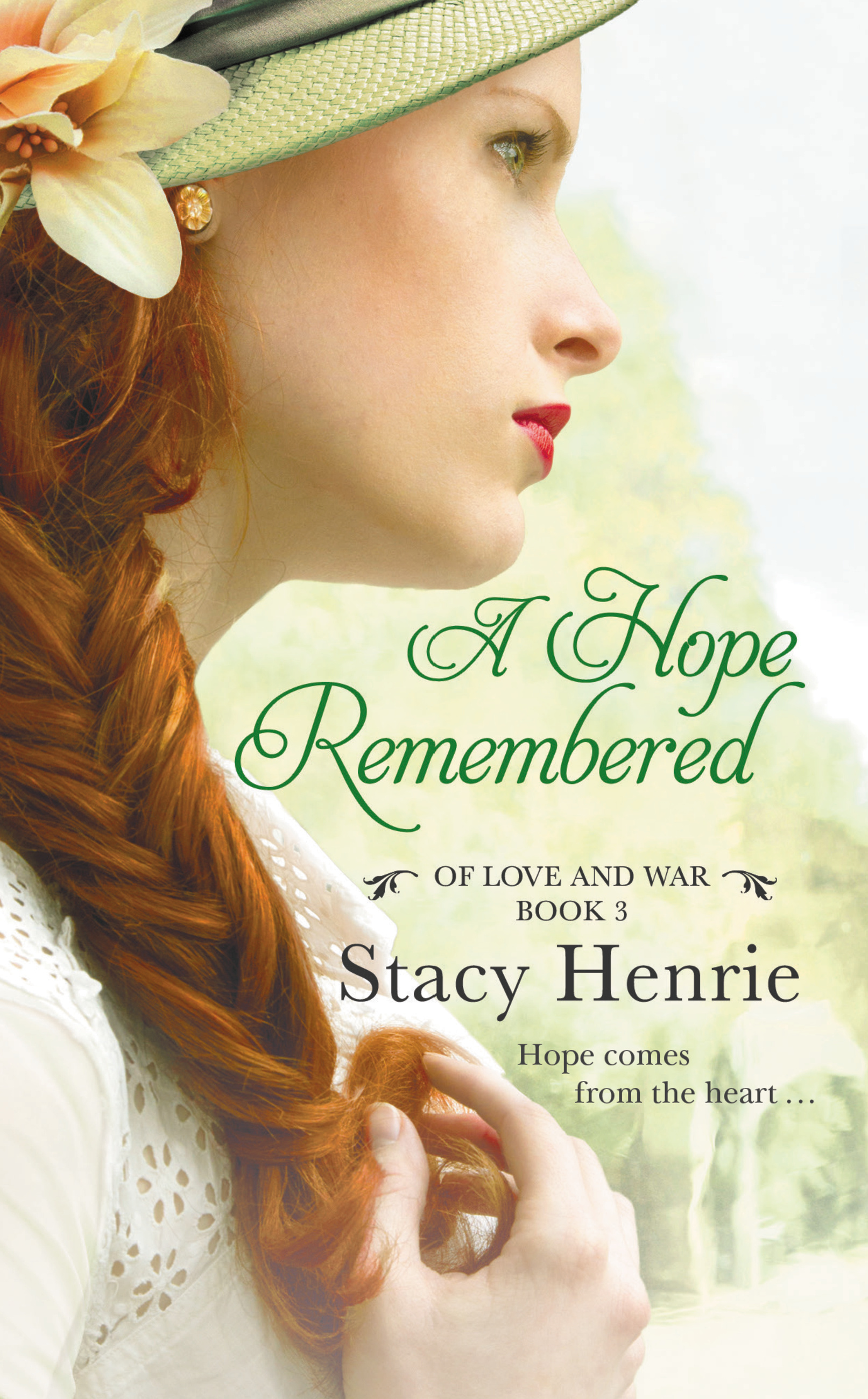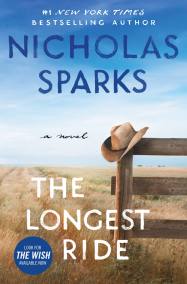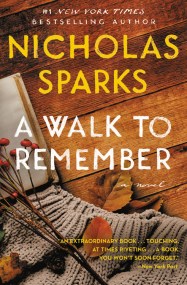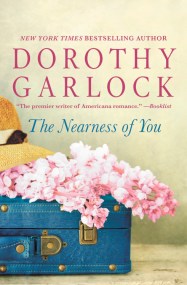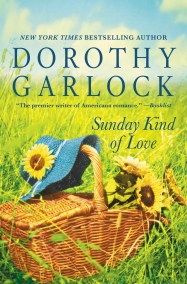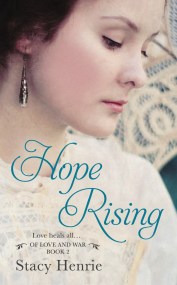Promotion
Use code MOM24 for 20% off site wide + free shipping over $45
A Hope Remembered
Contributors
By Stacy Henrie
Formats and Prices
Price
$7.99Price
$9.99 CADFormat
Format:
ebook $7.99 $9.99 CADThis item is a preorder. Your payment method will be charged immediately, and the product is expected to ship on or around March 31, 2015. This date is subject to change due to shipping delays beyond our control.
Also available from:
The final book in Stacy Henrie’s sweeping Of Love and War trilogy brings to life the drama of battle torn Europe with emotion, faith, and of course, romance.
As the war ends, love begins . . .
Nora Lewis just wants an escape after losing her fiance in the Great War. When she inherits property in England, she boldly packs up and leaves America for a fresh start. But if not for her dashing new neighbor, Colin Ashby, she’d be lost. Even as their friendship deepens, Nora knows a British aristocrat would never be free to love an American orphan, no matter how much the war has changed the world . . .
After his brother’s death in the war and his own experiences as a pilot at the front, Colin returns home broken, only to discover his family’s estate is also in ruin. The pressure is now on him to save his home and the Ashbys’ place in society with a well-bred match to a wealthy heiress. Too bad he finds more of a kindred spirit in Nora, the beautiful American next door. She, too, has faced the rigors of war and survived. Now the ex-soldier will have one more battle to fight-this time for love.
As the war ends, love begins . . .
Nora Lewis just wants an escape after losing her fiance in the Great War. When she inherits property in England, she boldly packs up and leaves America for a fresh start. But if not for her dashing new neighbor, Colin Ashby, she’d be lost. Even as their friendship deepens, Nora knows a British aristocrat would never be free to love an American orphan, no matter how much the war has changed the world . . .
After his brother’s death in the war and his own experiences as a pilot at the front, Colin returns home broken, only to discover his family’s estate is also in ruin. The pressure is now on him to save his home and the Ashbys’ place in society with a well-bred match to a wealthy heiress. Too bad he finds more of a kindred spirit in Nora, the beautiful American next door. She, too, has faced the rigors of war and survived. Now the ex-soldier will have one more battle to fight-this time for love.
Genre:
- On Sale
- Mar 31, 2015
- Page Count
- 384 pages
- Publisher
- Forever
- ISBN-13
- 9781455598830
Newsletter Signup
By clicking ‘Sign Up,’ I acknowledge that I have read and agree to Hachette Book Group’s Privacy Policy and Terms of Use
